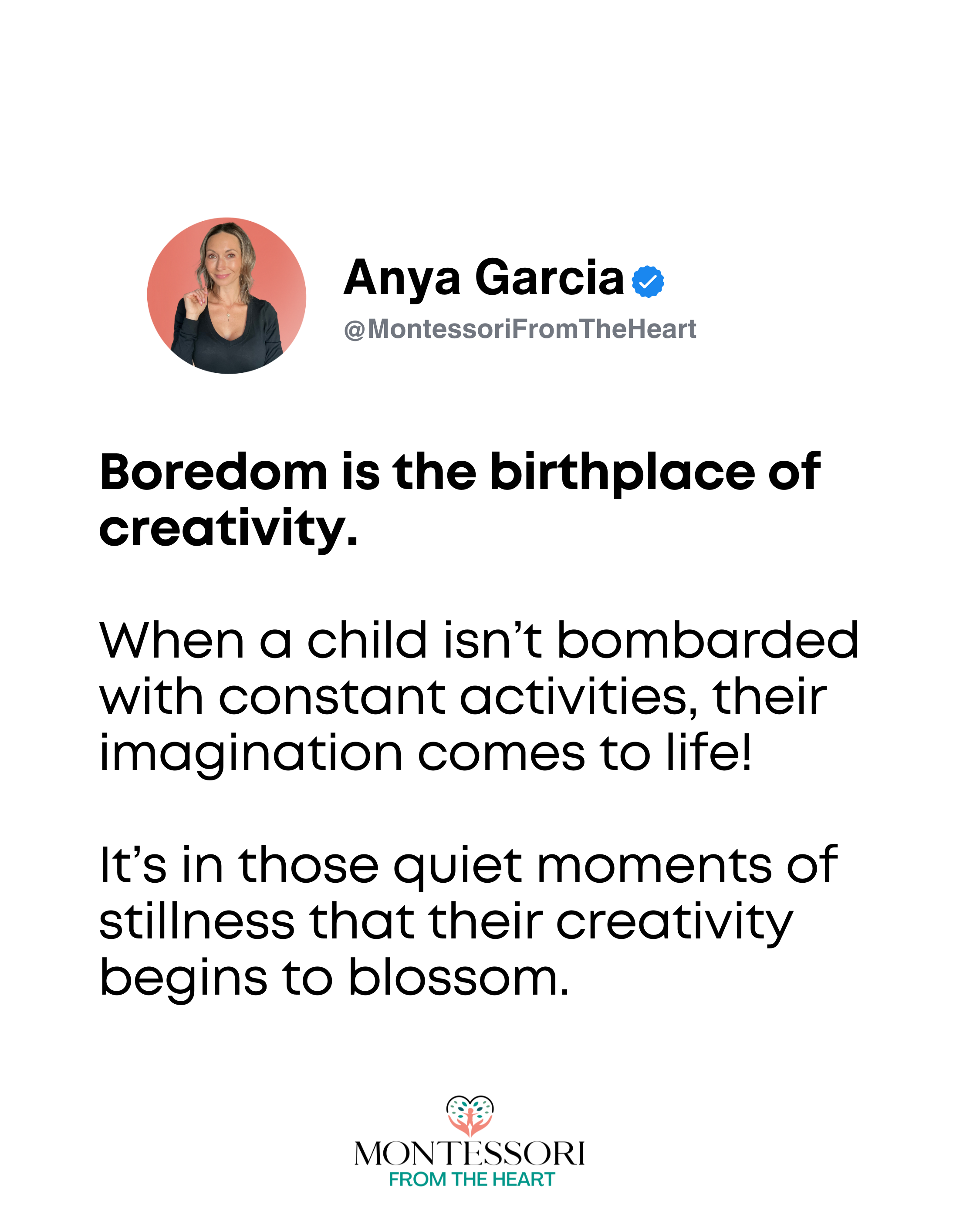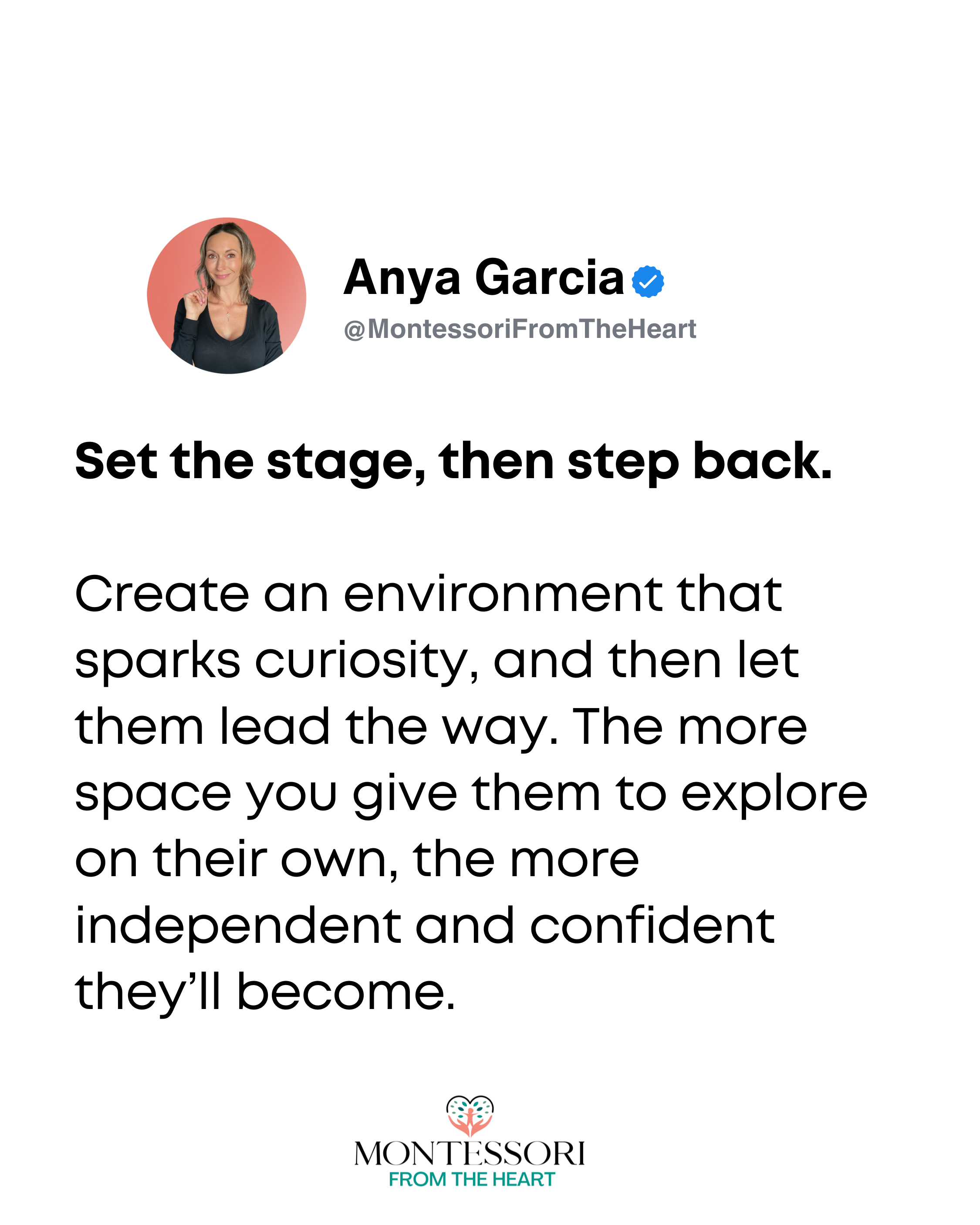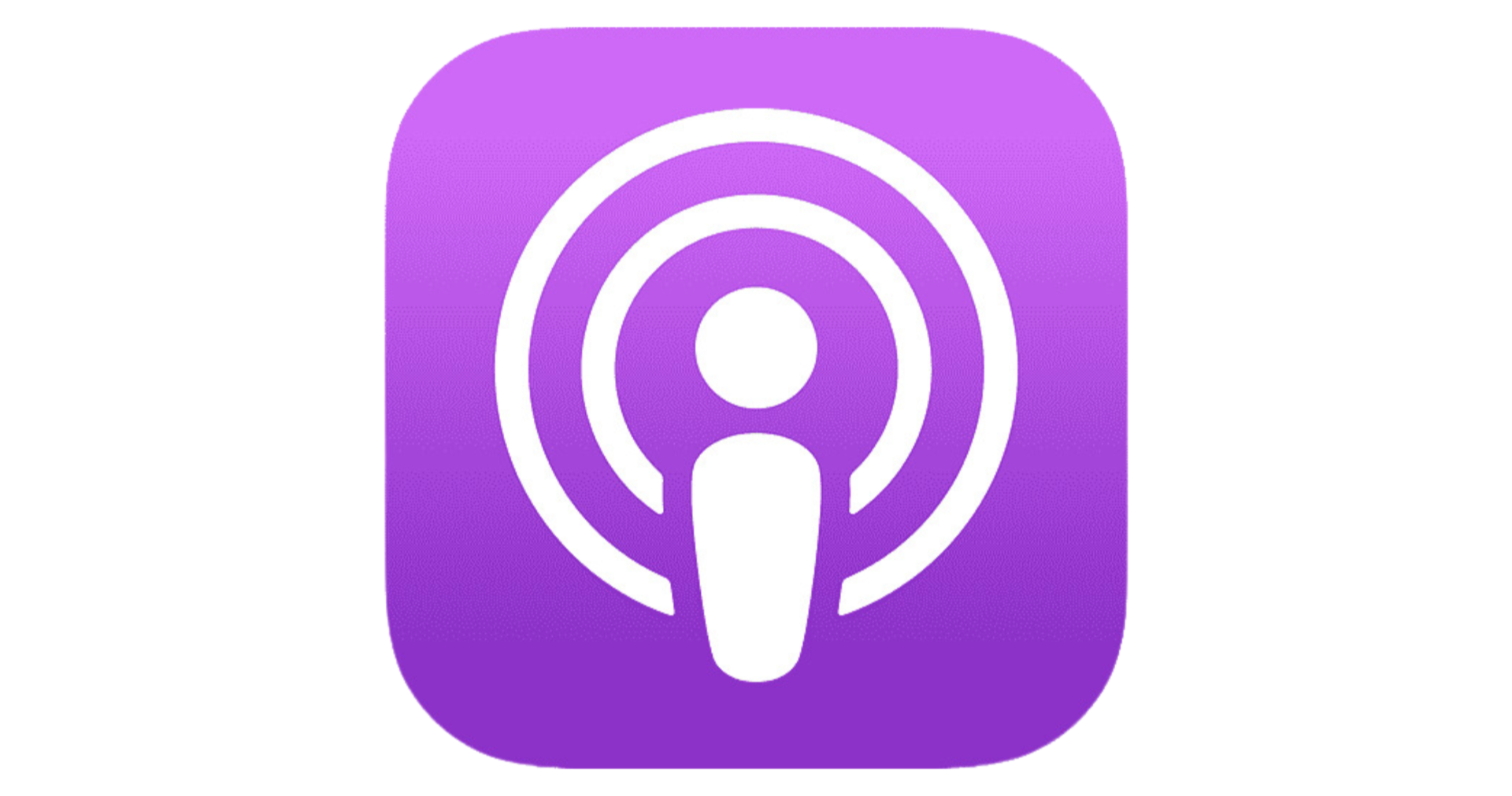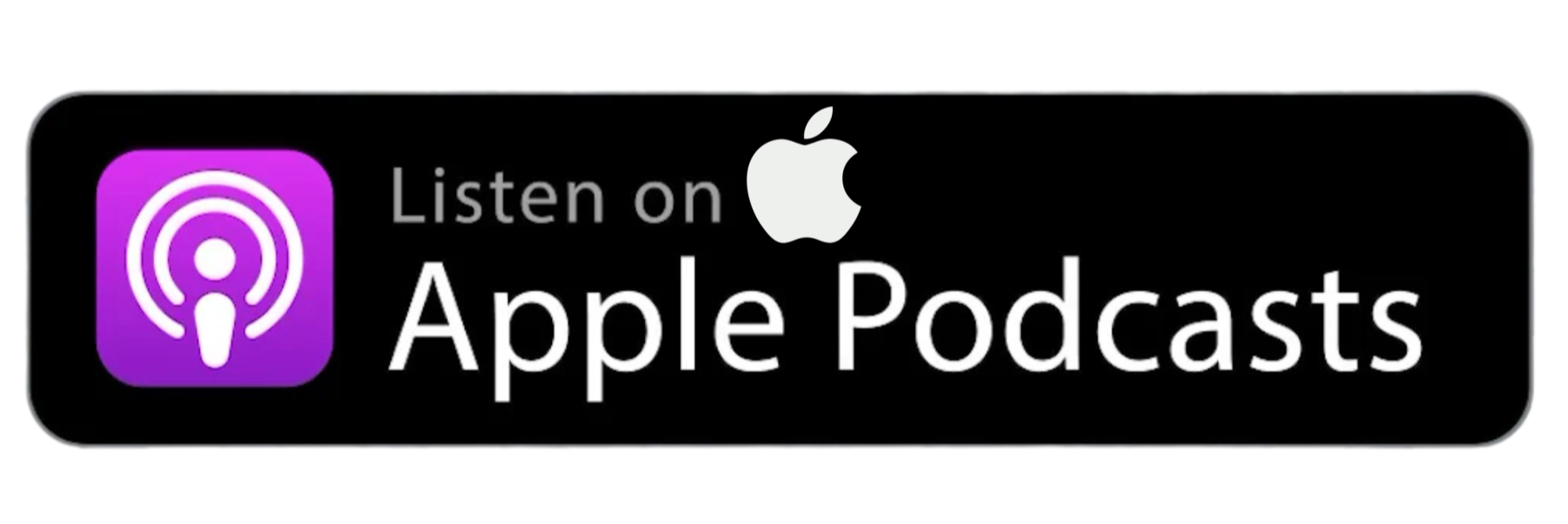Episode #7
The Hidden Power of Boredom
Listen On ...
Why Boredom Is a Gift
Turning 'I’m Bored' into Creativity, Confidence & Growth
Boredom isn’t a problem to solve—it’s the spark that unlocks your child’s potential.
Write your awesome label here.
Boredom isn’t the enemy—it’s where imagination begins.
When Your Child Says: "I am bored!" Try This Instead:
Attention Span Guide
Discover 10 practical ways to improve your child's focus. Download your free guide now! ⬇️
Write your awesome label here.
In this episode, we discuss:

💡 What Makes Montessori Unique?
6 Core Principles
1️⃣ The Absorbent Mind
2️⃣ Hands-On Learning
3️⃣ The Prepared Environment
4️⃣ Freedom Within Limits
5️⃣ The Role of the Guide (Parent or Teacher)

Final Takeaway:
Boredom is a birthplace of creativity
CITED RESEARCH & SOURCES
New Episode Every MONDAY & THURSDAY
Catch Up On Recent Episodes
Your Stories
#Parenting #Transformation #EarlyYears
Hi Anya! This welcome episode to your podcast is so well structured. Your ideas are always fun and informative. Thanks for sharing :)
Mat
This is amazing, thank you so much for sharing all your knowledge. Can't wait for a new episode
Angelaov
Wow! So insightful, really looking forward to listening to more of these.
Mel
Write your awesome label here.
Subscribe to our Newsletter!
Thank you!







